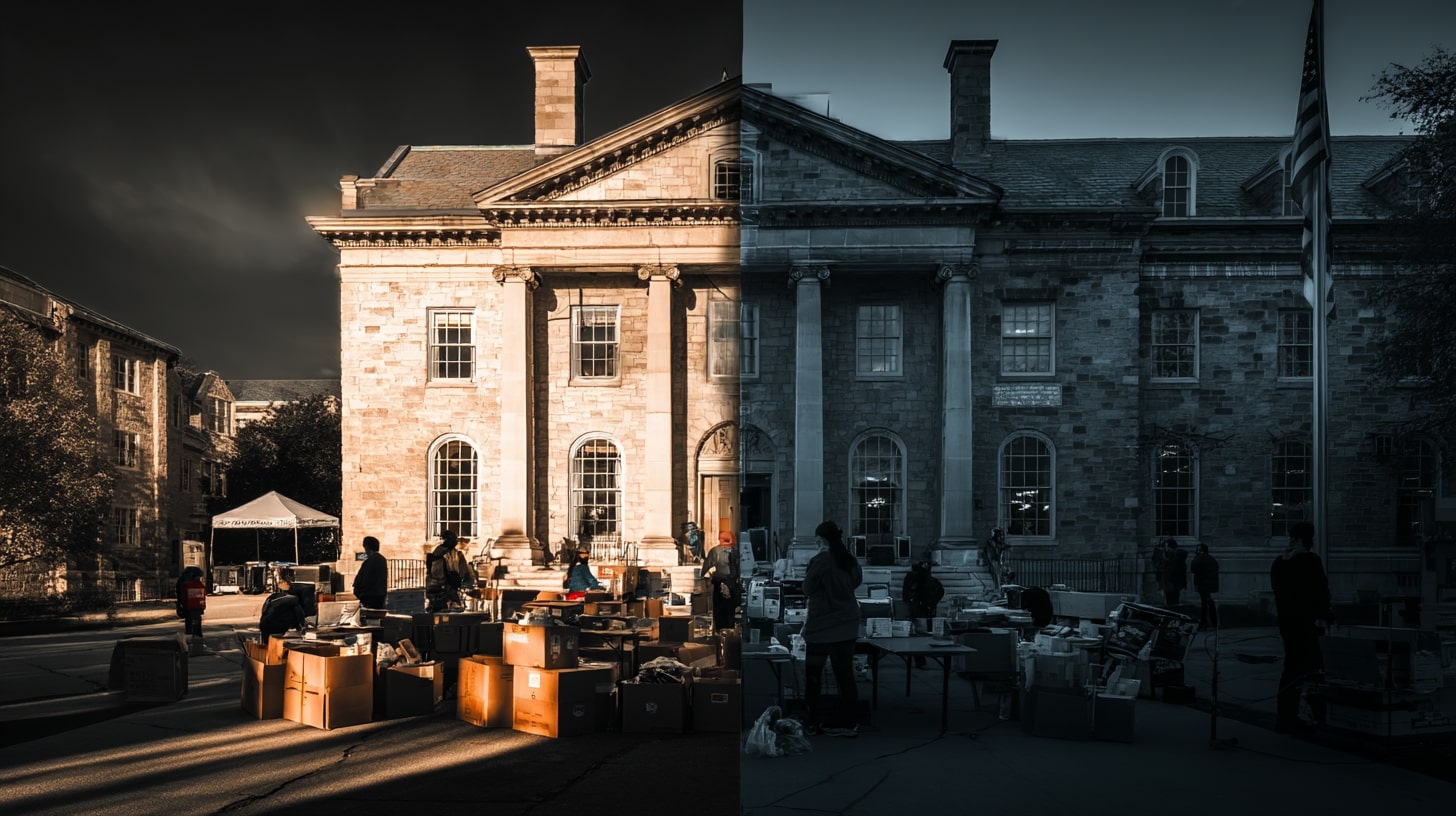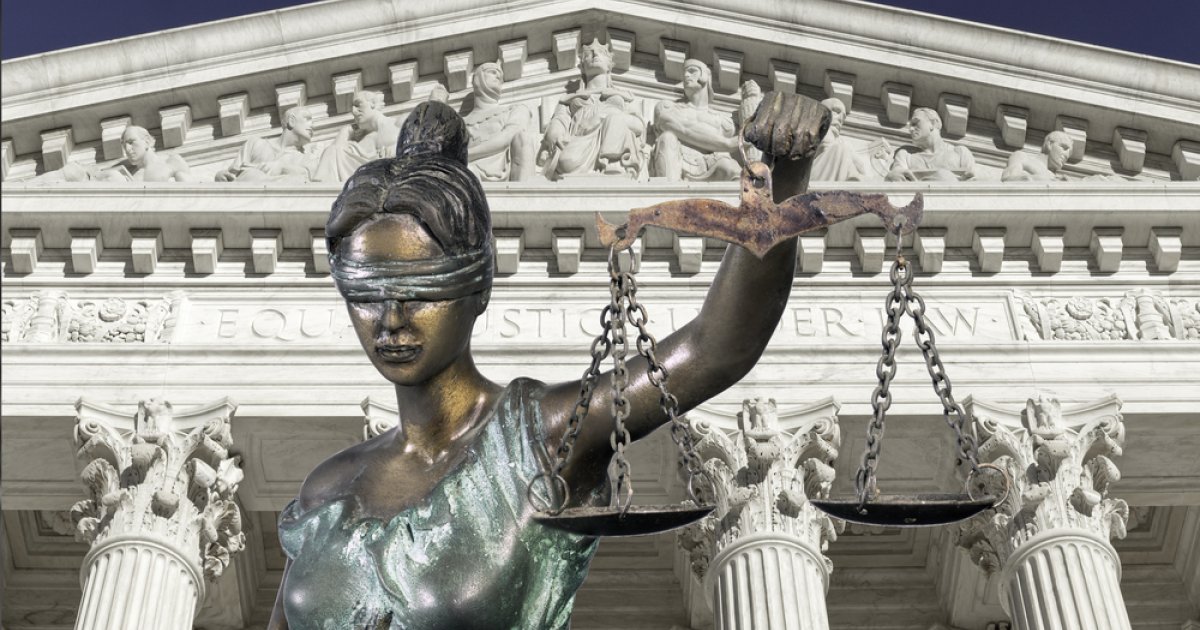The Higher Education Inquirer (HEI) is approaching a significant milestone: nearly one million total views expected by September 2025. This achievement underscores the growing demand for investigative journalism that holds higher education institutions accountable.
HEI’s traffic growth has been steady for more than a year with an explosive rise over the last few months. In the first quarter of 2025, the site recorded about 132,000 views, showing increased interest. By June, monthly views passed 160,000. The highest single-day traffic came yesterday, July 21, 2025, with 10,391 views, breaking previous records. This peak coincided with the release of several articles on economic and social issues facing students, student loan debtors, and young workers.
Key articles included Bryan Alexander’s examination of whether higher education still makes financial sense for students. Our staff contributed reports on young workers’ declining confidence in the job market and the expanding role of fintech companies like SoFi in student loans.
HEI also covers broader social and political topics. An article on June 25 about Gaza’s humanitarian crisis and campus dissent drew hundreds of views, showing the publication’s interest in global issues related to academic freedom and student activism.
One of the most significant examples of HEI’s investigative reporting has been its ongoing coverage of corruption and scandal in the Los Angeles Community College District (LACCD). In May and June 2025, HEI published detailed exposés documenting alleged fraud, retaliation against whistleblowers, grade manipulation, wage theft, and falsification of faculty credentials. These stories brought to light longstanding issues within LACCD, including actions by administrators such as Annie G. Reed, whose conduct has repeatedly raised serious concerns since at least 2016.
The impact of HEI’s coverage extended beyond readership numbers. After critical articles published by allied independent media outlets were removed from online platforms, HEI stood firm in reporting these issues, highlighting the challenges faced by whistleblowers and the vital role of independent journalism in holding institutions accountable.
In July 2025, HEI published an in-depth investigation revealing the Pentagon’s longstanding relationship with for-profit colleges, particularly through the Council of College and Military Educators (CCME). The investigation uncovered how these institutions have exploited military-connected students, veterans, and their families, benefiting from federal programs like the Post-9/11 GI Bill and Department of Defense Tuition Assistance. Despite multiple Freedom of Information Act (FOIA) requests, the Department of Defense has withheld critical documents, raising questions about transparency and accountability in military education partnerships.
Additionally, HEI’s reporting on the exploitation of veterans under the guise of service highlighted how politicians, government agencies, and nonprofits have failed to protect those who have served. The investigation revealed that instead of supporting veterans, these entities have perpetuated systems that prioritize self-interest over the well-being of veterans, leading to wasted benefits and poor educational outcomes.
Several factors explain HEI’s growth. The publication relies on original documents obtained through Freedom of Information Act requests, legal filings, and insider accounts to reveal facts often missed by mainstream media. This research appeals to readers seeking solid information.
Contributions from scholars and activists like Bryan Alexander, Henry Giroux, David Halperin, and Michael Hainline add context that helps readers understand education trends and policies.
HEI focuses on long-term issues such as adjunct faculty exploitation, college closures, student debt, and the privatization of public education, rather than fleeting news. This approach builds a loyal audience interested in ongoing analysis.
The site offers free access without paywalls or advertising, encouraging sharing and reader interaction through comments, tips, and feedback. Its presence on social media and forums like Reddit helps reach more readers organically.
Central to HEI’s mission is a commitment to transparency, accountability, and value in higher education. The publication seeks not only to reveal problems but also to hold institutions and policymakers responsible. HEI stresses that higher education must deliver real financial, social, and intellectual value and that openness is key to achieving this.
The political and economic context has also contributed to HEI’s growth. Lasting effects of Trump-era policies—such as changes in Title IX enforcement, rollbacks of diversity efforts, and disputes over federal funding—have increased public interest. HEI’s clear, evidence-based coverage helps readers understand these complex changes.
Public concerns about rising student debt, now over $1.7 trillion nationwide, and doubts about the value of college degrees have also driven readers to HEI. At the same time, debates around campus culture and diversity heighten demand for balanced reporting.
As HEI nears its million-view goal, it plans to expand investigative work, grow its viewership base, and increase community engagement through interactive features and reader participation. The publication intends to continue monitoring higher education’s power structures and highlight factors affecting students, faculty, and institutions.
In a time of declining trust in mainstream media and widespread misinformation, HEI’s growth shows a strong need for journalism that is thorough, honest, and focused on those involved in higher education.
For readers seeking clear, direct insight on changes in colleges and universities, HEI offers an essential platform—living up to its motto, “Ahead of the Learned Herd.” Its rise marks a shift toward more accountable journalism in the field.



